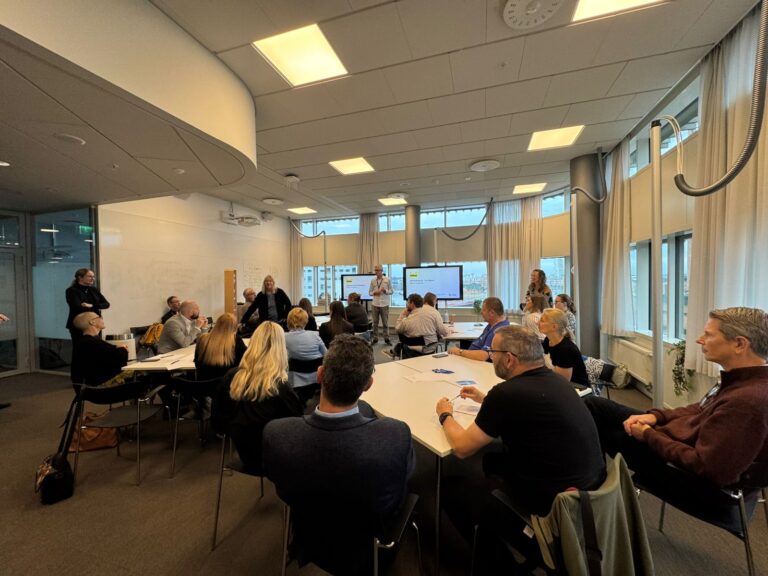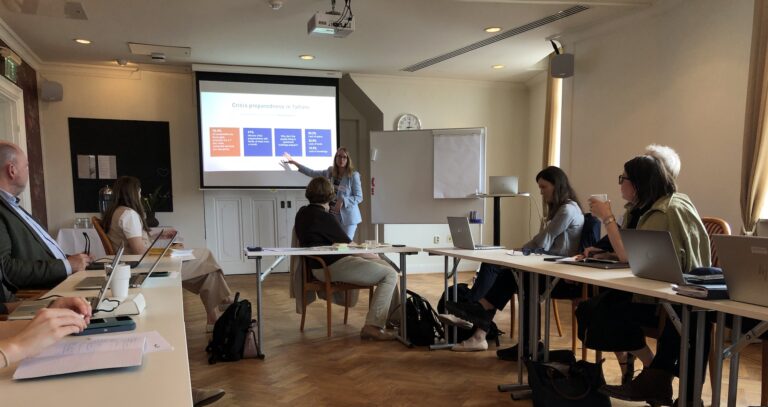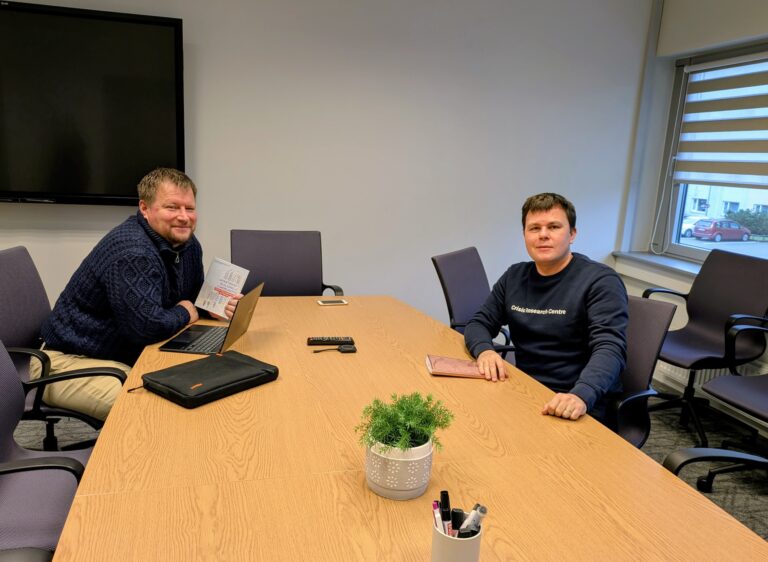
Projects
Through projects, we initiate local crisis management networks and develop them further in international cooperation, to jointly analyse crisis management and create comprehensive concepts. We are open to offers of cooperation and joint projects that overlap with the objectives and directions of the Crisis Research Centre.
Ongoing projects
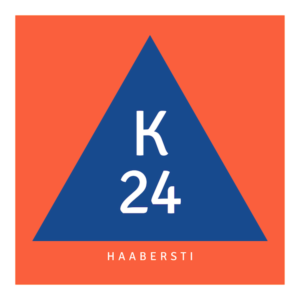
K24 – the project empowers the Väike-Õismäe community in Haabersti in the field of civil defence through the acquisition of basic supplies and the development of capabilities. This includes providing 100 members and leaders of the community’s apartment associations with fundamental knowledge for coping with various types of crisis situations. As a result, the community will have initial capabilities to form a resilience hub and stockpile crisis supplies, enabling it to operate as a center of invincibility during crises as long as resources last.
The budget for the Väike-Õismäe community civil defence empowerment project is 80 500 EUR, supported by the Estonian Ministry of the Interior through the National Foundation for Civil Society during the period 2024–2025. Read more about the K24 project news and blog posts here.
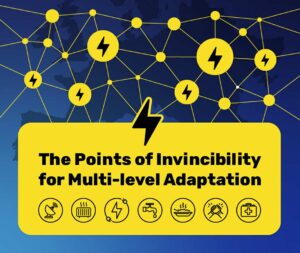
PIMA – the Points of Invincibility for Multi-level Adaptation project brings together individuals responsible for resilience hubs at the local level in Estonia, Sweden, and Ukraine to create a network and a concept for the development of invincibility hubs. This document, supported by a practical guide, aims to help local governments better understand the establishment, equipping, and management of such hubs. Additionally, a research study will be conducted to map the current state and effective solutions based on local case studies from the three countries. Preliminary results will be presented at an international conference hosted by Malmö University in Sweden late 2025.
The project budget is 400 000 SEK, supported by the Swedish Institute during the period 2024–2025. Read more about PIMA project news and blog posts here.
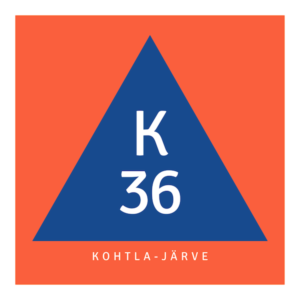
K36 – the project empowers Kohtla-Järve communities in civil defence through the acquisition of basic supplies and the development of capabilities. This is also reflected in providing 25 members and leaders of apartment associations with fundamental knowledge for coping with various types of crisis situations. The project creates additional capacity for the community to form a resilience hub and establishes crisis supplies, enabling it to function as a center of invincibility during crises as long as resources last.
The budget for the Kohtla-Järve community civil defence empowerment project is 58 834 EUR, supported by the Estonian Ministry of the Interior through the National Foundation for Civil Society during the period 2024–2025. Read more about the K36 project news and blog posts here.
Previous projects
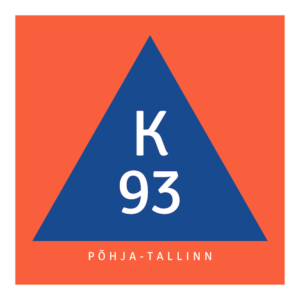
K93 – the project empowered a community center located in Northern Tallinn in the field of civil defence through the acquisition of basic supplies and the development of capabilities. This was reflected in providing 87 local community members with fundamental knowledge for coping with various types of crisis situations. As a result, the district now has a community center equipped with the foundational capacity to function as a resilience hub for civil protection, capable of operating as a center of invincibility during crises as long as resources last.
The budget for the civil defence empowerment project was 75 153 EUR, which was funded by the Ministry of the Interior through the National Foundation for Civil Society. Read more about the K93 project and blog posts here.
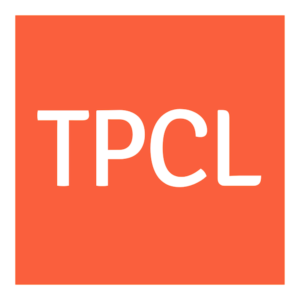
TPCL – the Triangle Post-Crisis Learning project focused on improving post-crisis learning and governance in local authorities. The project developed a concept paper on post-crisis management, bringing together the experiences and best practices of local crisis managers in Estonia, Sweden and Georgia. Twelve local organisations from Estonia, Sweden and Georgia participated in the project and shared their experiences through an online module and meetings that mapped best practices in post-crisis learning, but also obstacles. Malmö University was the lead partner of the project, partnering with the NGO Youth Supreme Council in Georgia and the Crisis Research Centre in Estonia.
The concept paper is available in English and provides practical guidance for learning from crises at the local level The project budget was 399 300 SEK, supported by the Swedish Institute during the period 2023–2024. Read more about TPCL project news and blog posts here.

